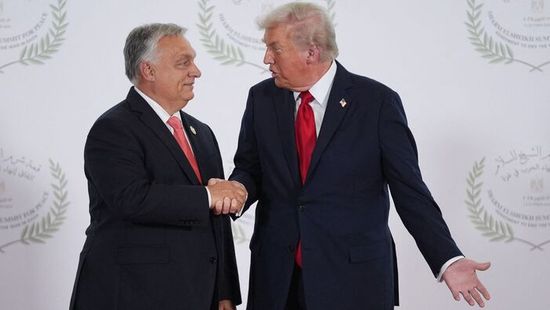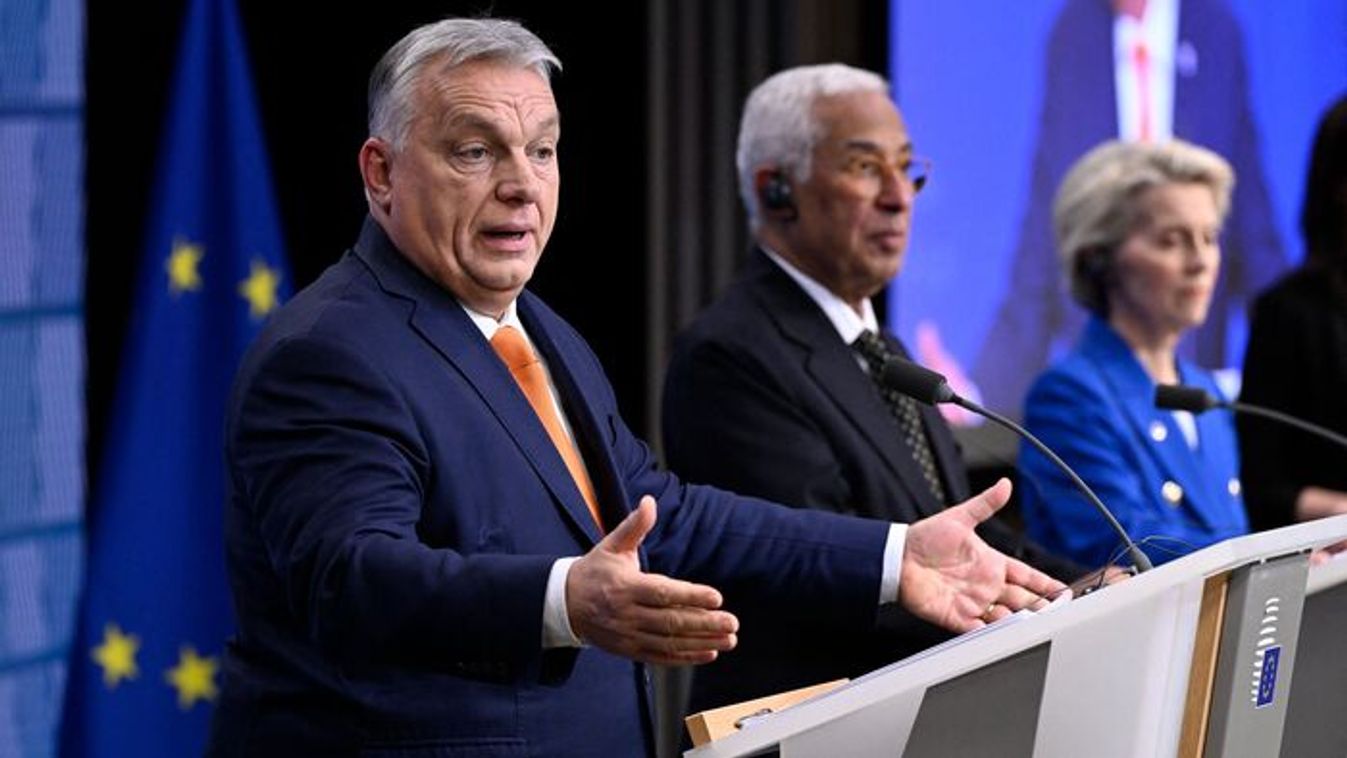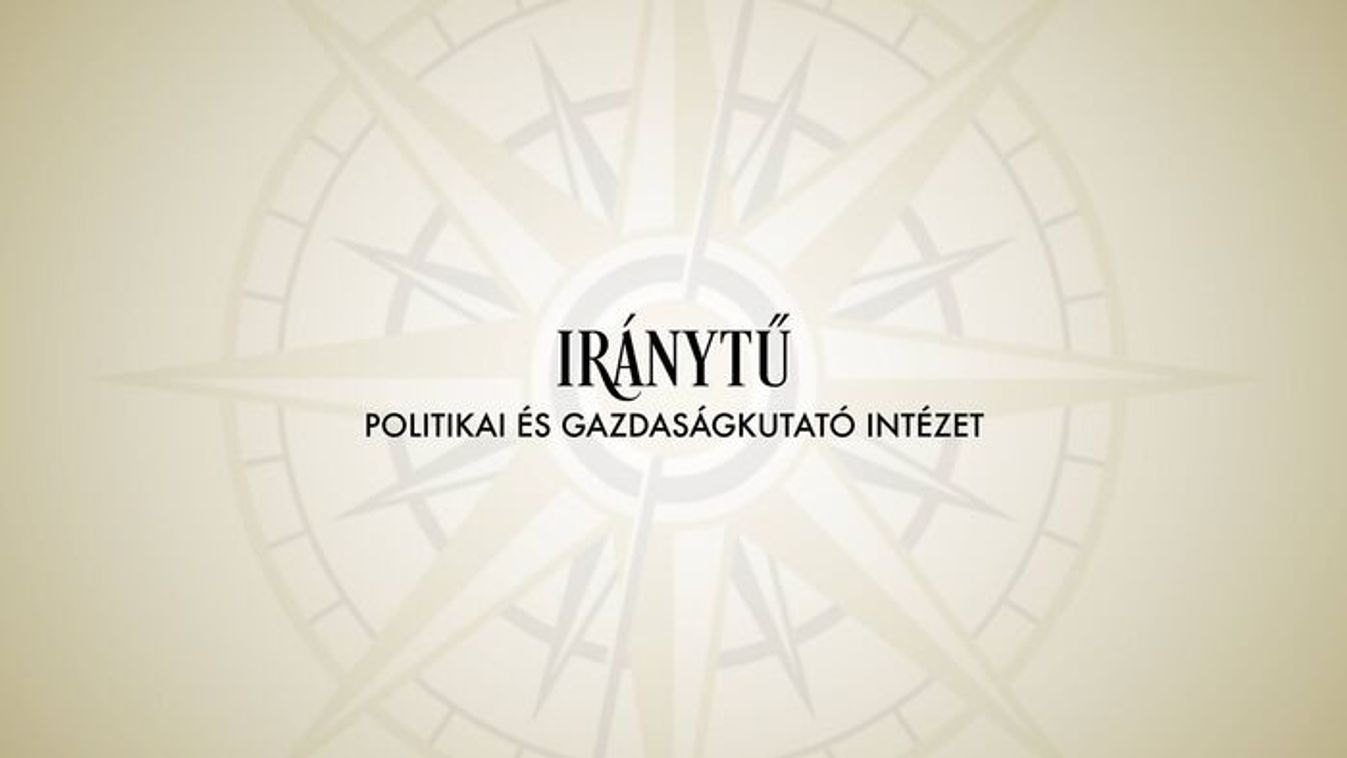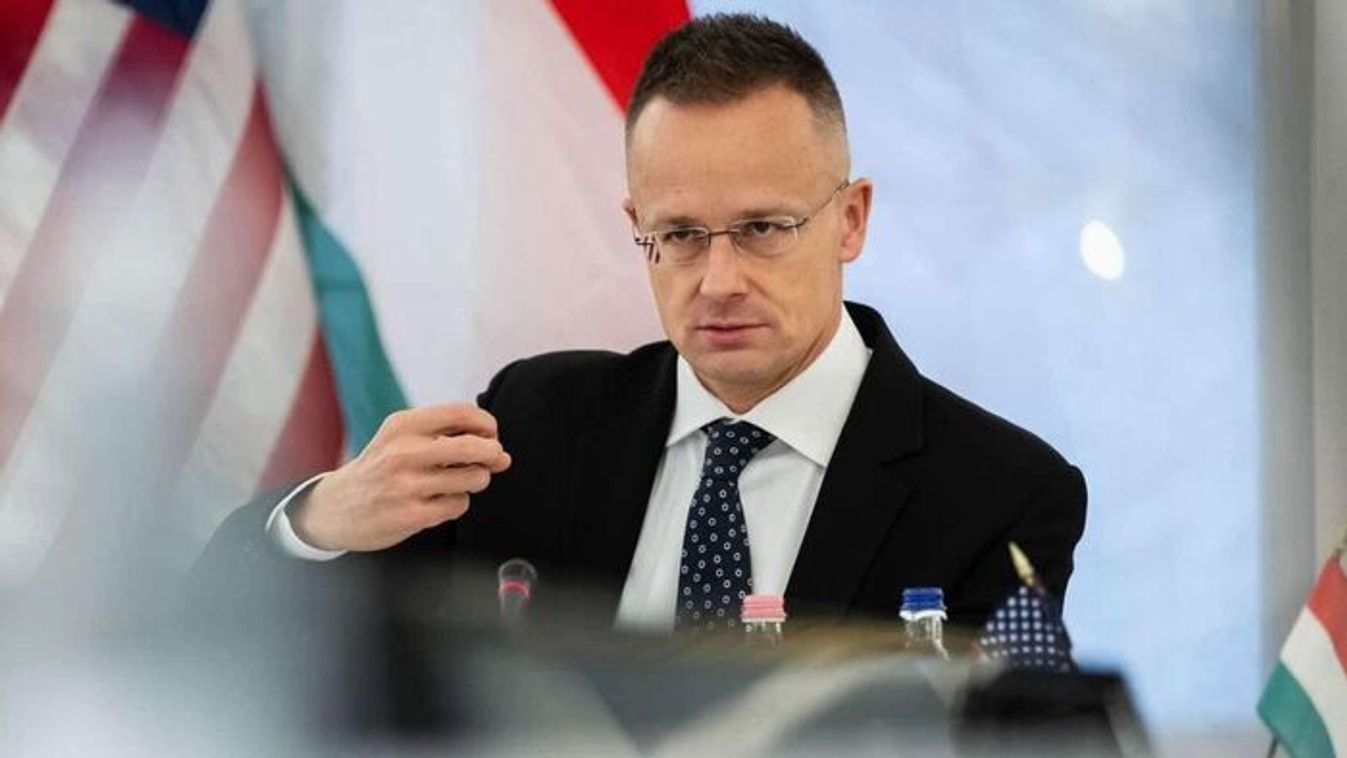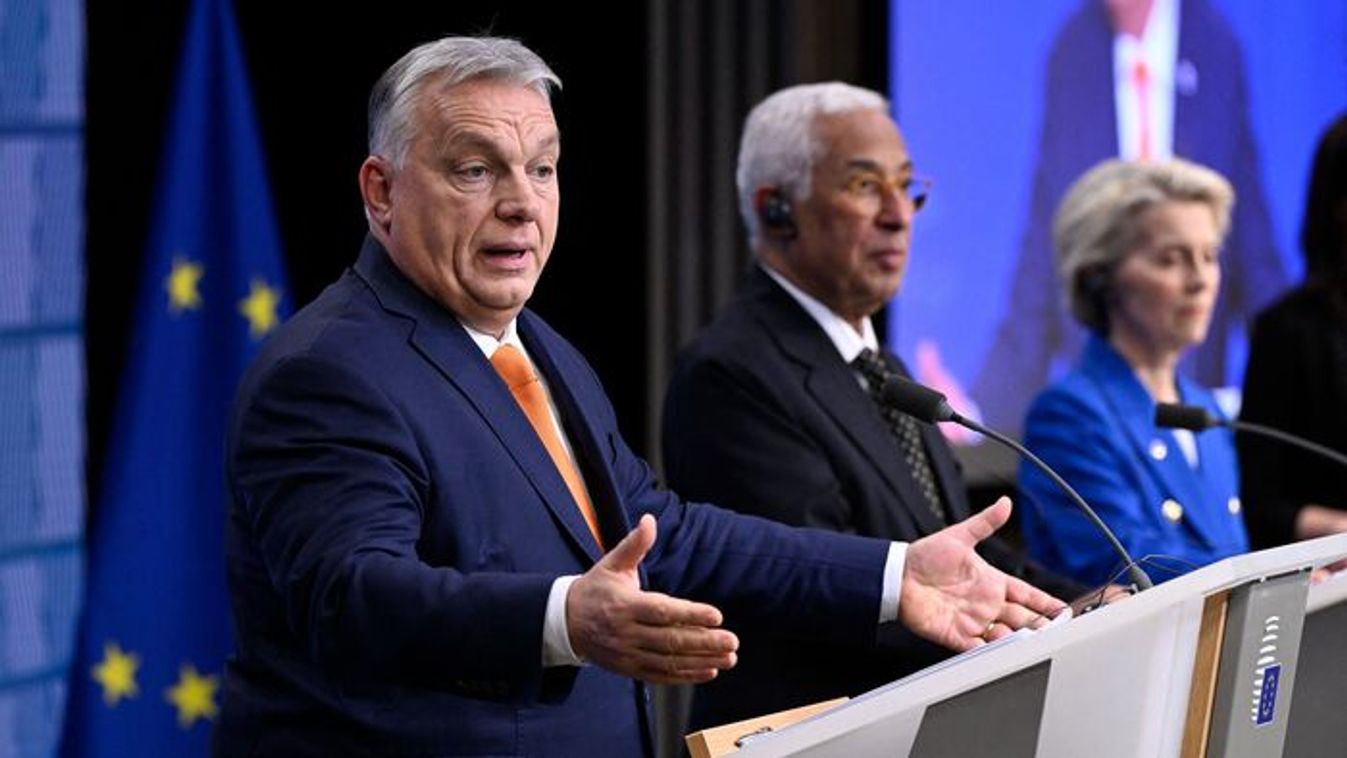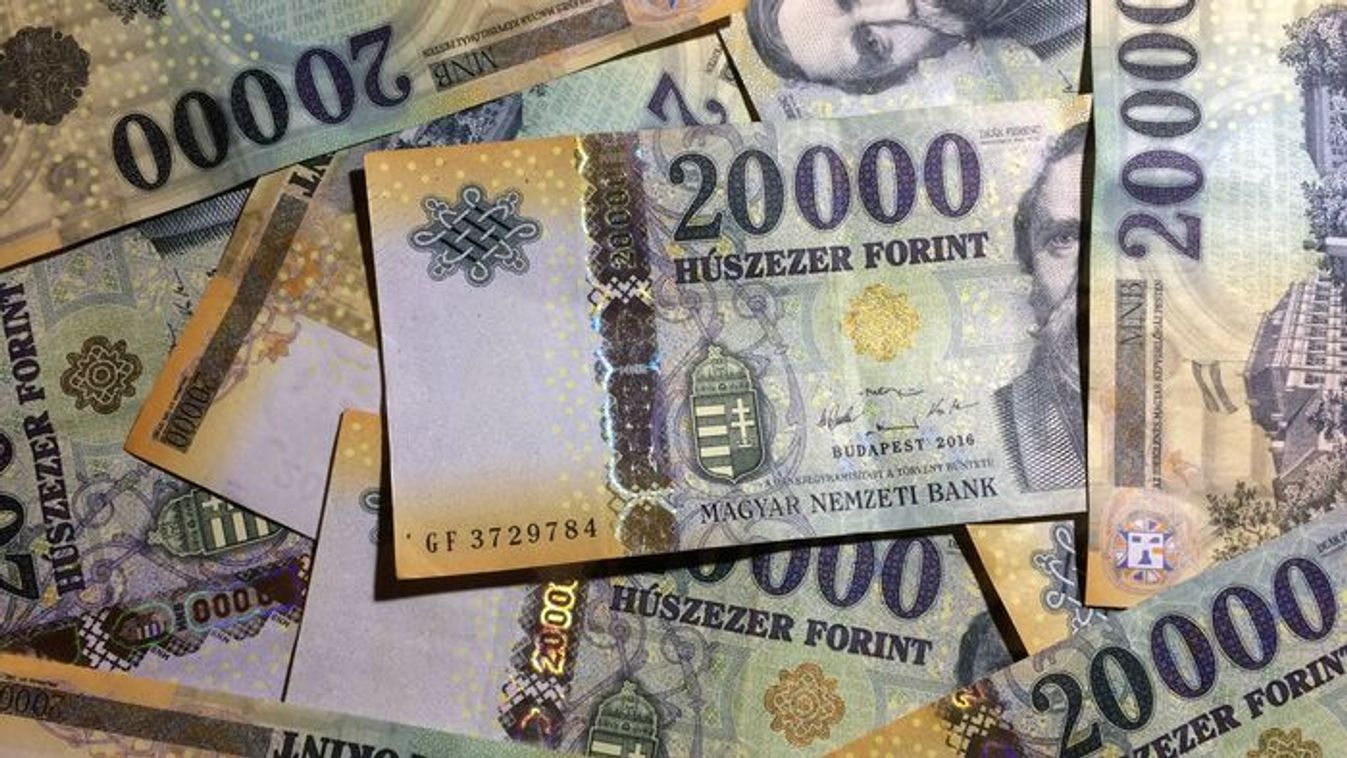„Orban became a household name in Hungary in 1989 when, at the reburial of Imre Nagy, who had been prime minister during the failed 1956 revolution against Soviet rule, he called for the Russian troops stationed in then-communist Hungary to go home, a brave and unprecedented clarion call to the people. More than 20 years later, long after the collapse of communism and reincarnated as arguably Hungary's most successful post-communist politician, Orban's knack for knowing what was on the mind of the average Hungarian translated into criticizing banks and Western financial institutions.
Shortly after taking office, his government announced it was breaking off a restructuring deal with the IMF, which along with the European Union injected 20 billion euros ($26 billion) into Hungary at the height of the global financial crisis in 2008 to prevent a default by the wildly unpopular Socialist government, whose former prime minister had been quoted as saying he had lied to the people about the state of the economy. Orban's rationale was that the IMF/EU deal was too restrictive, attached too many conditions and Hungary knew better how to boost economic growth. »We are going to go our own unorthodox way«, he said.
It didn't hurt his popularity within Hungary, but it did hurt Hungary's reputation in financial circles.
»I think this cuts to the heart of the problem, which is policy unpredictability«, Neil Shearing, an analyst with Capital Economics in London, said in a telephone interview. »He (Orban) is a populist nationalist and there are obvious sensitivities with that kind of policy-making within Central Europe. So I think it starts to ring alarm bells«. Where Orban may have gone a step too far was in trying to alleviate the pain of hundreds of thousands of Hungarians who had taken out mortgage loans denominated in hard currencies, particularly the Swiss franc, the euro and the Japanese yen, as opposed to the weak forint, where loans were subject to relatively high interest rates.”
